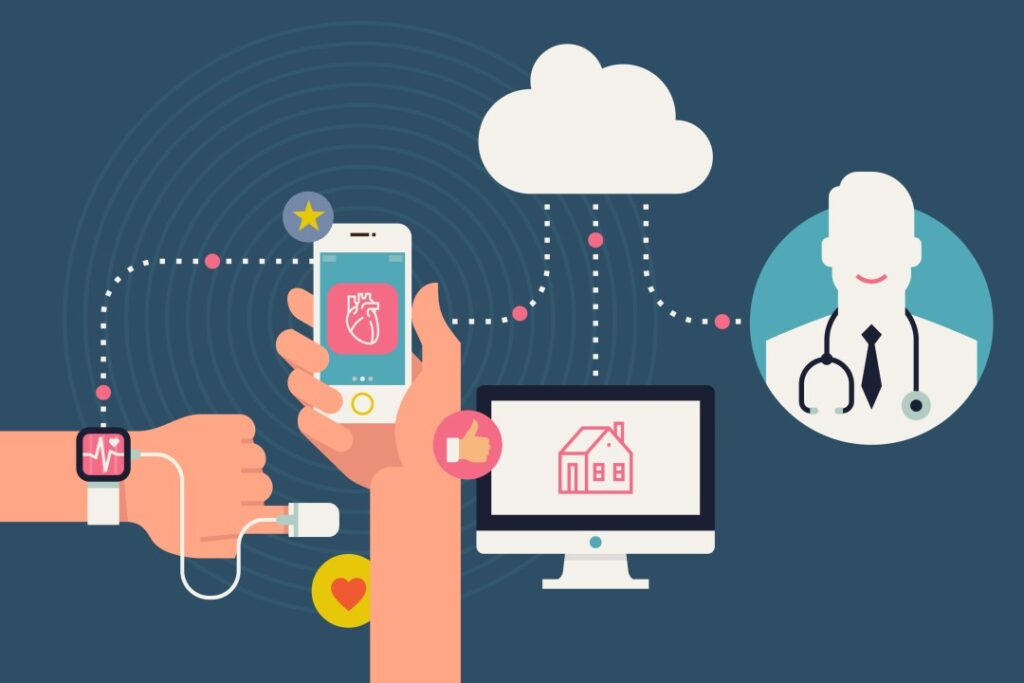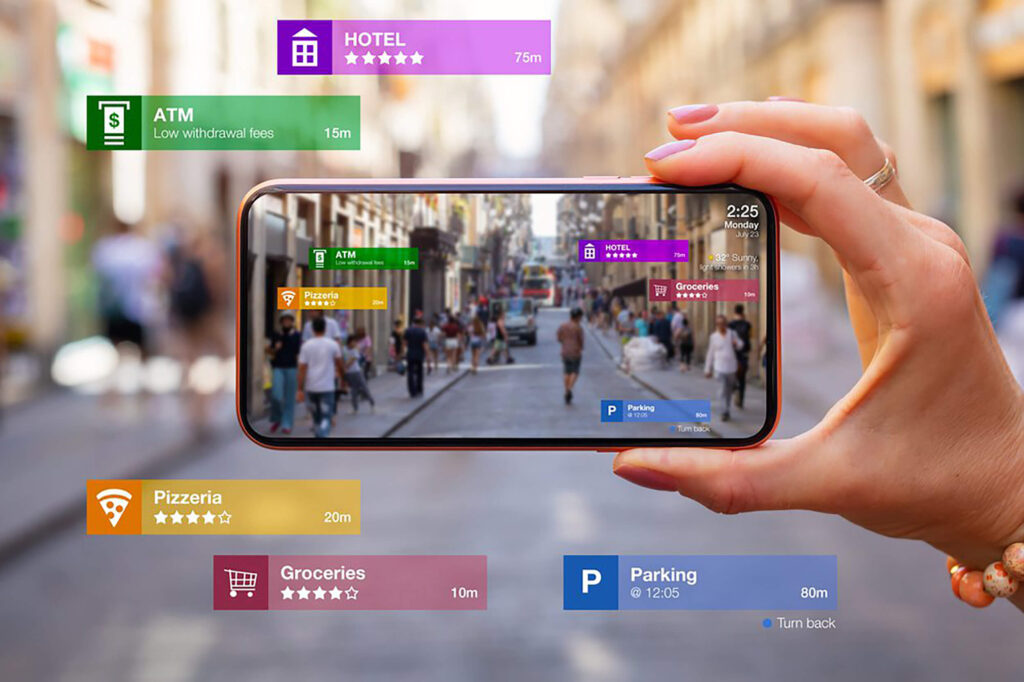
Transforming Healthcare: Innovations and Advances in Healthcare Technology and Innovation
In recent years, the healthcare industry has experienced a remarkable transformation fueled by technological advancements and innovative solutions. From telemedicine and AI-driven diagnostics to precision medicine and blockchain-enabled data security, the landscape of healthcare technology is evolving rapidly, reshaping how we approach patient care, diagnostics, and treatment. Let’s delve deeper into the latest innovations and advances, backed by industry statistics and real-world examples.
Telemedicine and Remote Patient Monitoring

Telemedicine has witnessed unprecedented growth, especially in the wake of the COVID-19 pandemic. According to a report by McKinsey, telehealth utilization surged by 38 times compared to pre-pandemic levels. Companies like Teladoc Health reported a 109% increase in virtual visits in the first quarter of 2020 alone. Moreover, remote patient monitoring (RPM) is projected to reach a market size of $1.8 billion by 2027, driven by the adoption of wearable devices and IoT technology. The Veterans Health Administration (VHA) in the United States implemented telehealth services, resulting in a 17% reduction in hospital admissions and a 36% decrease in bed days of care among patients using telemedicine.
Artificial Intelligence (AI) and Machine Learning

AI-powered algorithms are revolutionizing healthcare diagnostics and treatment planning. According to a report by Market Research Future, the global AI in healthcare market is expected to reach $19.9 billion by 2026, growing at a CAGR of 48.7%. Companies like PathAI and Caption Health are leveraging AI to enhance pathology services and improve medical imaging interpretation, respectively. Caption Health’s AI-driven ultrasound system, Caption AI, received FDA clearance in 2019 for cardiac imaging, empowering healthcare providers to perform echocardiograms with greater accuracy and efficiency.
Precision Medicine and Genomics

Precision medicine is gaining momentum, driven by advances in genomics and molecular biology. The global precision medicine market is projected to reach $216.75 billion by 2028, growing at a CAGR of 11.3%. Companies like Illumina and 23andMe are offering genetic testing services, enabling individuals to uncover insights into their genetic predispositions and make informed healthcare decisions. The All of Us Research Program, launched by the National Institutes of Health (NIH) in the United States, aims to collect genetic data from one million participants to advance precision medicine and personalized healthcare.
Virtual Reality (VR) and Augmented Reality (AR)

VR and AR technologies are transforming medical education, surgical training, and patient care. The global market for VR in healthcare is expected to reach $6.91 billion by 2026, driven by applications in surgical simulation and patient rehabilitation. Companies like Osso VR and FundamentalVR are providing immersive training experiences for healthcare professionals, reducing training costs and improving patient outcomes. FundamentalVR’s Surgical Haptic Intelligence Engine (SHIE) combines VR with haptic feedback technology to simulate surgical procedures with lifelike realism, enabling surgeons to practice complex surgeries in a risk-free virtual environment.
Blockchain and Health Data Security

Blockchain technology is revolutionising health data management and security. The global blockchain in healthcare market is projected to reach $1.6 billion by 2025, driven by applications in EHR management, supply chain optimization, and clinical trials. Companies like Medicalchain and Nebula Genomics are leveraging blockchain to enhance data interoperability, patient privacy, and regulatory compliance. Medicalchain’s blockchain platform allows patients to securely access and control their health records, enabling seamless sharing of medical data with healthcare providers and researchers while ensuring data integrity and privacy.
Healthcare technology is at the forefront of innovation, with transformative solutions revolutionizing patient care, diagnostics, and treatment. By embracing these advancements and investing in cutting-edge technologies, we can usher in a new era of accessible, efficient, and personalized healthcare for all.





